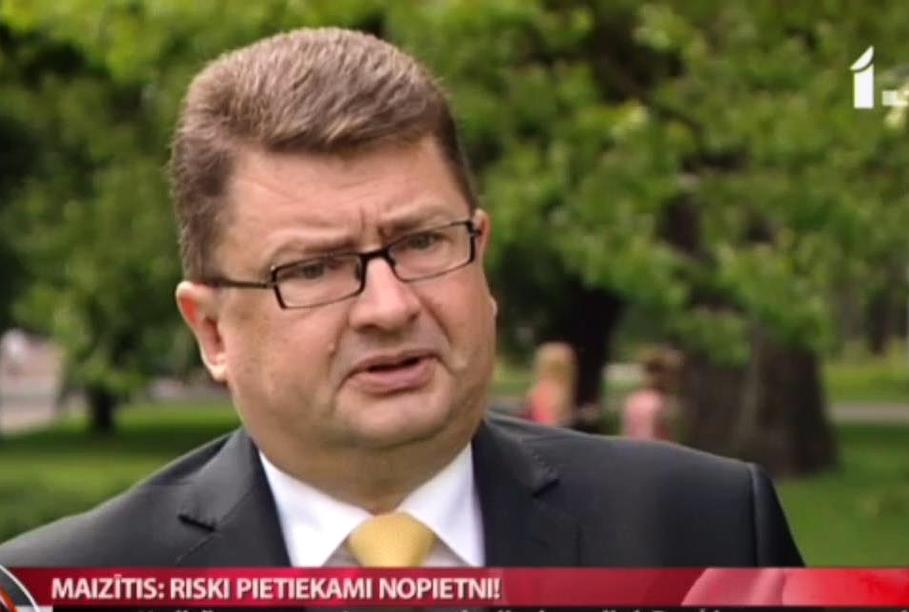Maizitis also indicated that Latvia will need to take into account the national security situation in connection with its upcoming Presidency of the Council of the European Union in 2015. Lithuania’s experience has shown that Latvia is unlikely to avoid the provocations and negative attitude on the part of the Russian Federation toward the EU Council’s presiding state.
When asked about the presence of foreign spies in Latvia, Maizitis could not deny that there are unfriendly foreign intelligence and counter-intelligence officers active on the ground here. However, he stated that the issue is under scrutiny and that countermeasures such as the creation of blacklists and the quiet expulsion of undesirable foreign intelligence workers remain viable options for Latvia’s security service.
Russia’s Special Services are interested in the activities of politicians, state functionaries and institutions in Latvia, including the election process. They are also keen to follow matters concerning the cybersphere, scientific and technological development. Maizitis underscored that Russia is also no longer publically downplaying its commitment of great resources to the political defense of its compatriots in the near-abroad.
As reported, Russia’s annexation of Crimea in March and subsequent activities in support of eastern Ukraine’s separatists have drastically altered the regional security outlook for Latvia and its Baltic Sea neighbors. While NATO has repeatedly reiterated its readiness to defend all its members, Latvia’s Defense Minister Raimonds Vejonis is shepherding increases in the defense budget through Saeima (Parliament), intended to fully meet Latvia’s obligations toward funding the alliance at a minimum of 2% of the state budget. Latvia is currently covering only 0.9% of its financial obligations to the alliance, leading to criticism regarding its potential defensive capabilities.
























